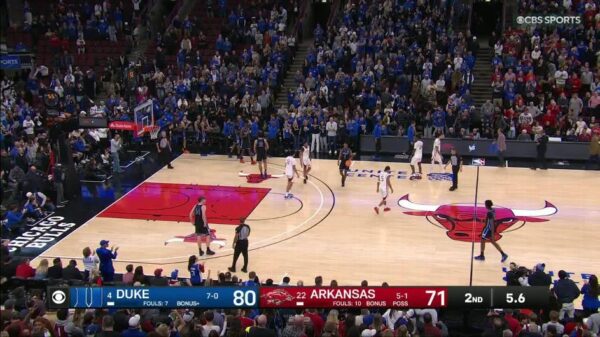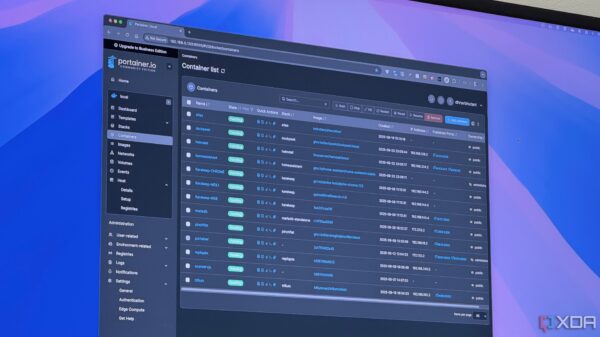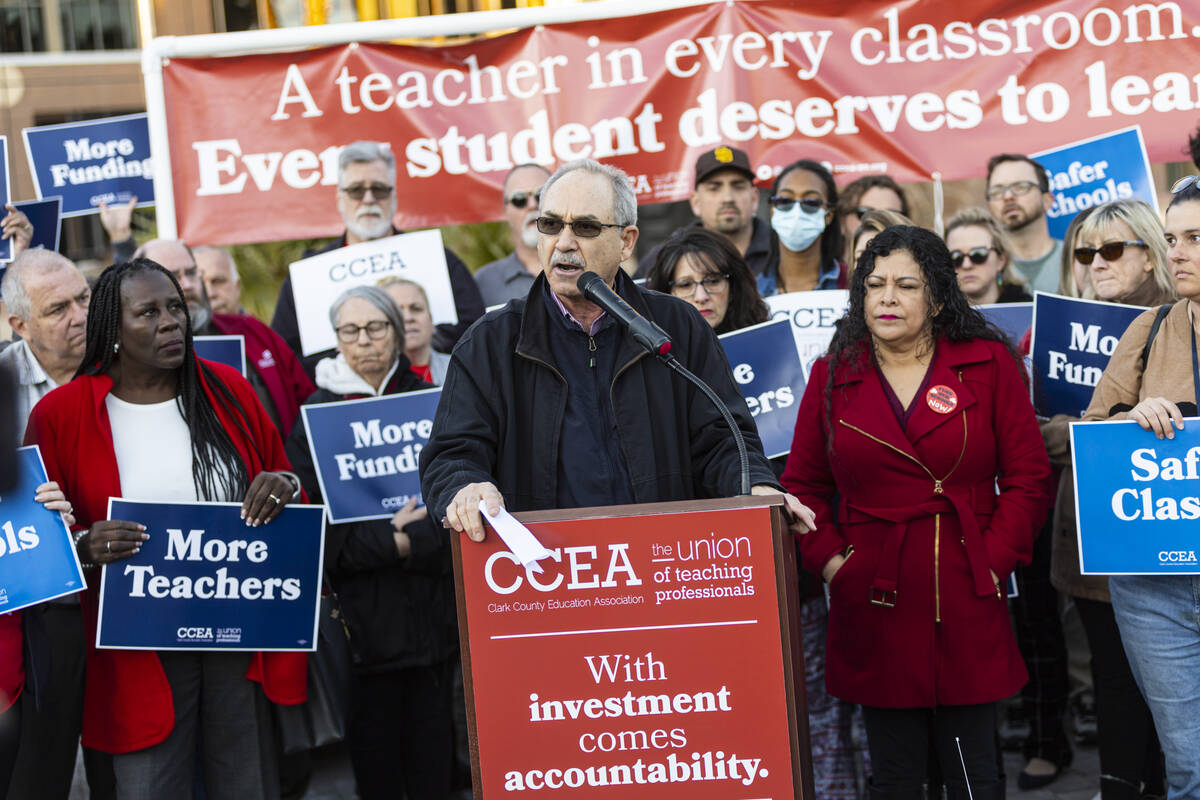Joe Lombardo, the Governor of Nevada, is pivoting his educational policies after securing the endorsement of the Clark County Education Association (CCEA) for a second term. This endorsement, announced on Monday, highlights Lombardo’s commitment to education funding, specifically a substantial increase of $2.5 billion and significant pay raises for teachers. Lombardo expressed his gratitude, describing it as an “honor” to receive support from “the largest and fastest growing teachers union in the country.”
From School Choice Advocate to Union Ally
Initially, Lombardo campaigned as a staunch advocate for school choice, aligning himself with figures like Virginia Governor Glenn Youngkin. His 2022 campaign emphasized the need for systemic change in education, aiming to empower parents with more options for their children. The education section of his campaign website stated, “Our education system is failing our students and teachers,” and promised to implement school choice initiatives.
Despite winning the governorship, Lombardo’s actions have raised questions about his commitment to school choice. During his inaugural address, he reaffirmed that expanding school choice was a top priority. Yet, when faced with a heavily Democratic legislature, he chose to prioritize the CCEA’s needs over those of his original supporters.
Instead of rallying parents and building a coalition to support school choice, Lombardo proposed funding that aligned with CCEA and Democratic priorities without securing any concessions for school choice advocates. This decision has drawn criticism, as many believe it undermines his earlier campaign promises.
Limited Progress on School Choice Initiatives
During the 2025 legislative session, Lombardo’s efforts towards school choice seemed minimal. His claims of success included securing open enrollment for the Clark County School District (CCSD), which involved renaming an existing process rather than implementing significant new initiatives. The district announced that the “Change of School Assignment (COSA)” would now be referred to as “Open Enrollment,” yet the underlying process remains unchanged.
Moreover, Lombardo’s administration signed a bill allowing teachers to strike at individual schools, a significant shift from previous regulations that deemed teacher sickouts illegal. This legislation is expected to enhance the CCEA’s negotiating power, potentially leading to increased costs for taxpayers without necessarily improving educational outcomes.
As Lombardo embraces union support, it appears he has shifted priorities away from the parents who initially backed him. The impact of this shift could resonate throughout his second term as parents and advocates for school choice assess the effectiveness of his policies. With a history of Nevada governors proposing tax increases during their second terms, Lombardo’s commitment to not raising taxes will also be closely monitored, especially considering his altered stance on education funding.







































































